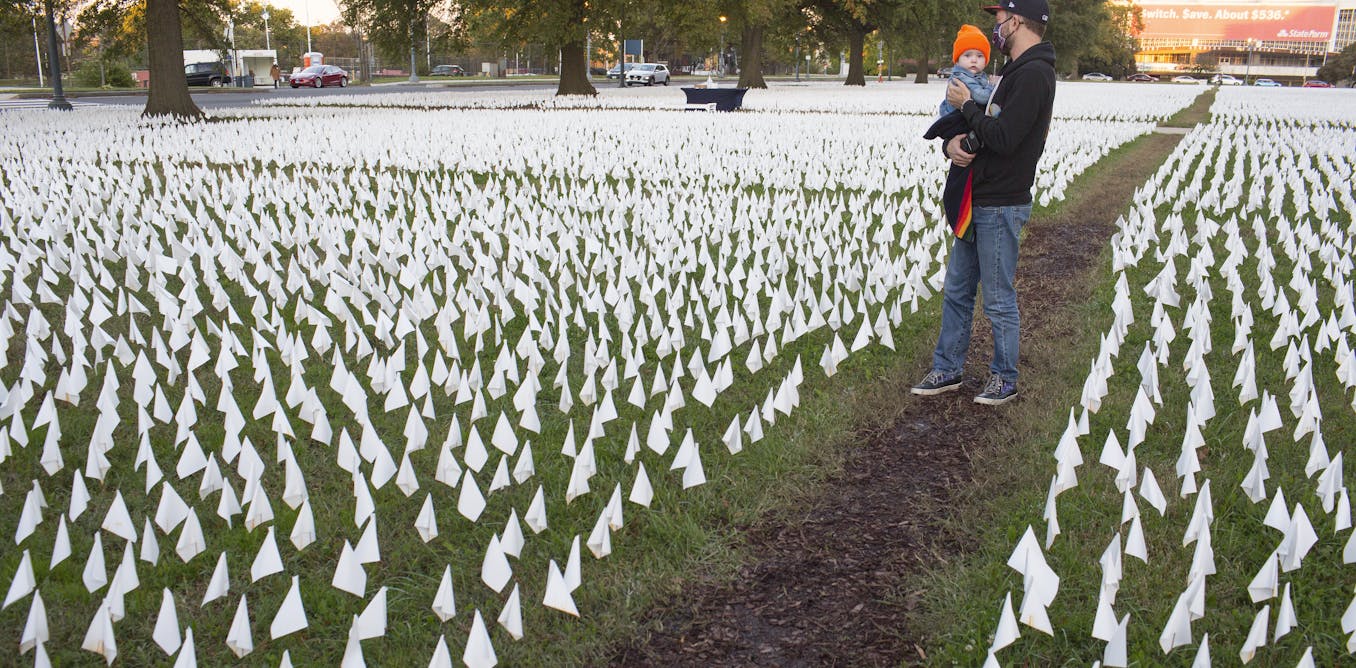Real-time drone intent monitoring could enable safer use of drones and prevent a repeat of 2018 Gatwick incident
Researchers have developed a real-time approach that can help prevent incidents like the large-scale disruption at London’s Gatwick Airport in 2018, where
Sept. 15, 2021 • ~6 min








